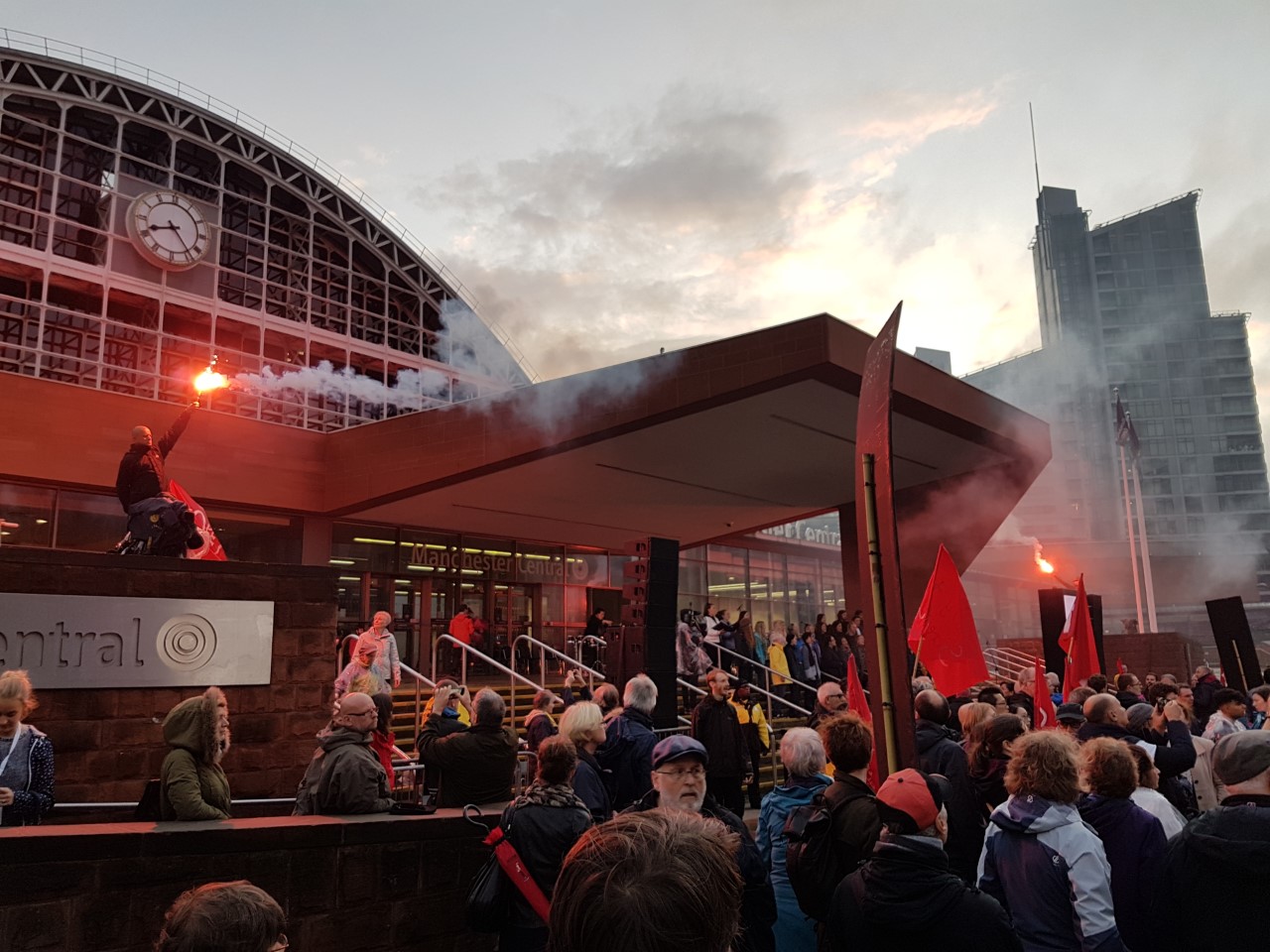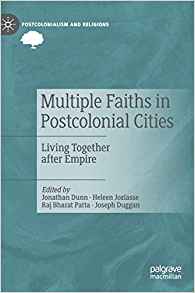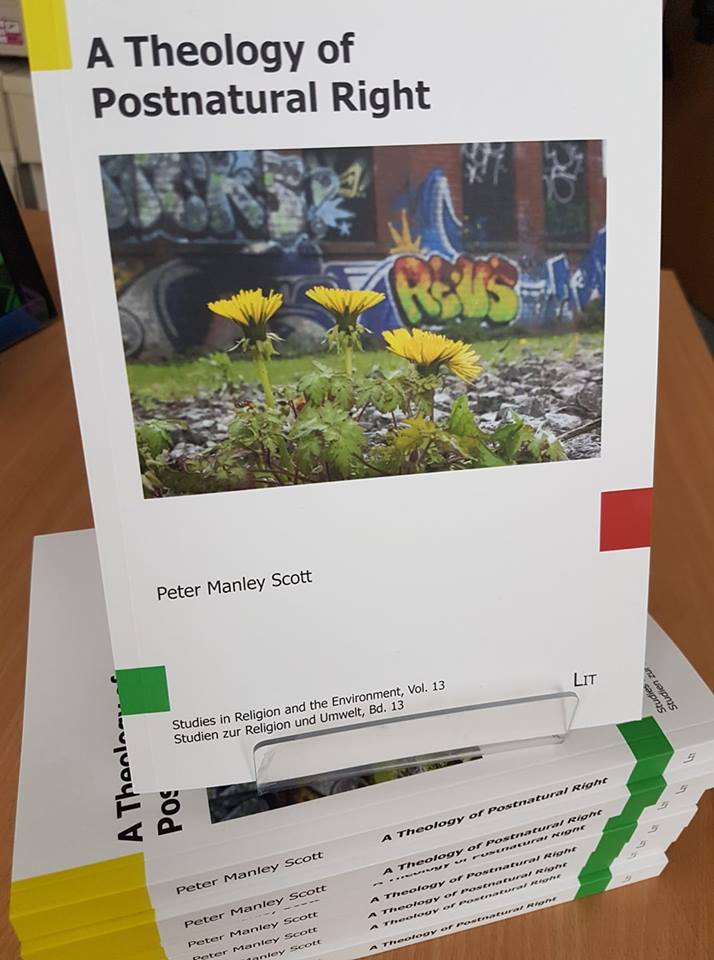 The desire to commemorate seems to be widespread. There are different types of commemoration with their different moods and some seem simpler than others. A victory parade, for example, may celebrate military power or a sporting achievement. These are spectacles, if you like, that aim to draw a crowd in order to celebrate. Manchester has its share of these, from one of the city’s football teams (men’s) winning the Premier League to the annual Gay Pride parade.
The desire to commemorate seems to be widespread. There are different types of commemoration with their different moods and some seem simpler than others. A victory parade, for example, may celebrate military power or a sporting achievement. These are spectacles, if you like, that aim to draw a crowd in order to celebrate. Manchester has its share of these, from one of the city’s football teams (men’s) winning the Premier League to the annual Gay Pride parade.
Other commemorations are knottier, trickier. The more complex commemorations typically involve the remembering of loss and death and their mood is tragic and defiant, as well as celebratory. Manchester, unhappily, has had its share of these also: the vigil, and flower-placing, in St Ann’s Square in front of St Ann’s Church after the 2017 Arena bombing in which 23 died, is an example here. What sort of public liturgy after atrocity emerges to respond to the desire to gather, to witness, to be hopeful and not fall into despair?
The Peterloo commemorations are of the knottier sort. 18 people were killed in the space of a few minutes and a peaceful crowd of 60,000 people was forced to disperse by various yeomanry. Death, loss and defeat. How to commemorate that?
Perhaps it is no surprise that the From the Crowd event devised as the central feature of the 200 year anniversary commemoration of the Peterloo massacre draws loosely on a liturgical repertoire (as well as other sources). Described as based on eyewitness accounts of those present at Peterloo 1819, ‘the words of contemporary protestors and poets have been woven together to create a powerful piece that with no spectators only participants… Collectively they will voice a picture of what happened on 16 August 1819 and the change people want to happen in 2019’. Actions easily recognisable from liturgy were used: procession, testimony, call and response, greeting/sharing of the peace, hymn-like singing, rhythmic drumming, and reading-out of the names of the 18 dead in 1819.
Many questions could be asked about this selection from the liturgical repertoire. Clearly, there are key elements missing: sacrifice would be one, and forgiveness would be another. Rather than ask how true such a performance is to its religious leanings, however, why not turn the question around. What might the Church learn from such deployment of liturgical actions as it struggles to develop its own public liturgy?
The Church has been trying to develop a public response in this postsecular, post Christian context. Among its performances of public liturgy are the renewed interest in Whit walks and the increasing popularity of the observance of Remembrance Sunday. Yet Whit walks seem to be a visual prompt about an ecclesiastical status that has long since decreased and Remembrance is supported by a renewed interest in patriotism about which the Church is rightly cautious.
Like the Peterloo commemoration, the Church seeks to perform its public liturgy around a catafalque. There has been a death but the body is absent: “He is not here” (Luke 24). Are there ways that the Church might develop its own public liturgical performance? There would be two purposes: to gather and to witness. The gathering, such a central part of Christian worship, raises the question about the place of the gathering. Can the Church gather in new and surprising places and draw in those who are prepared to acknowledge the catafalque but do not accept it? The witnessing invites the church to tell its own story but in such a way that would enable others into the greater truth of their stories.
An indication that the Church is developing its thinking and practice of public liturgy would be an acknowledgement that it is these questions that a tragic commemoration such as Peterloo presses on it.
Peter Scott
 February 19, 2020
February 19, 2020 
 Email |
Email |  Post a Comment
Post a Comment 


